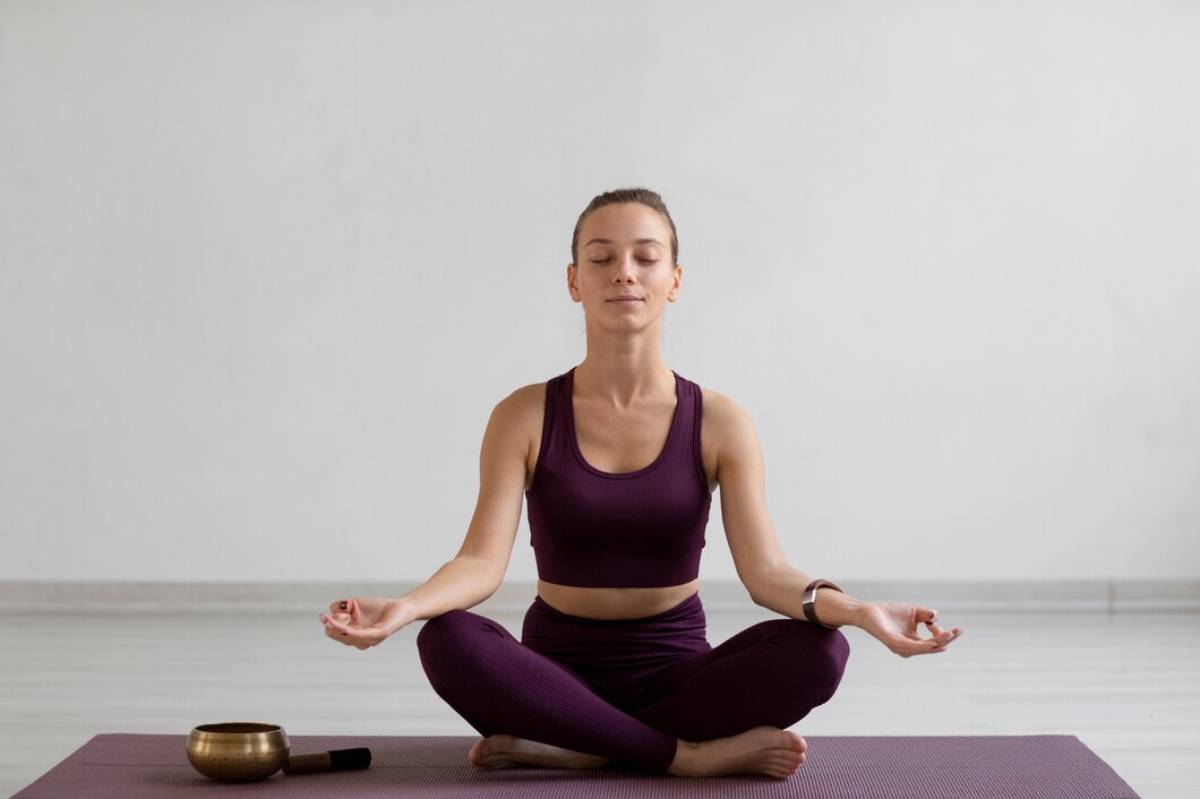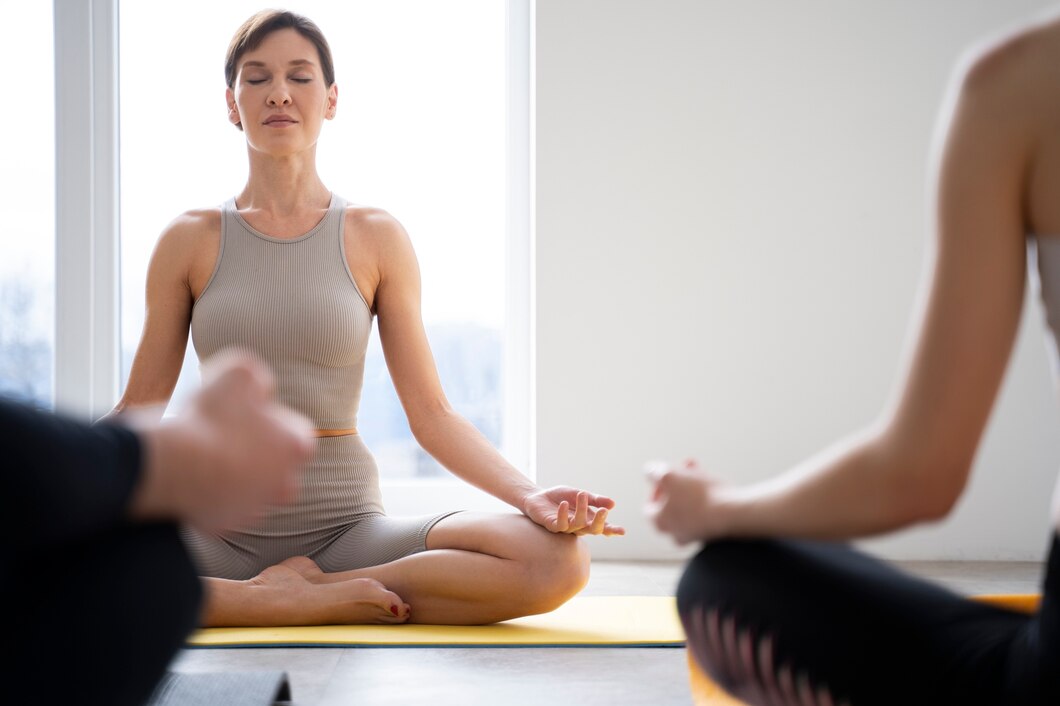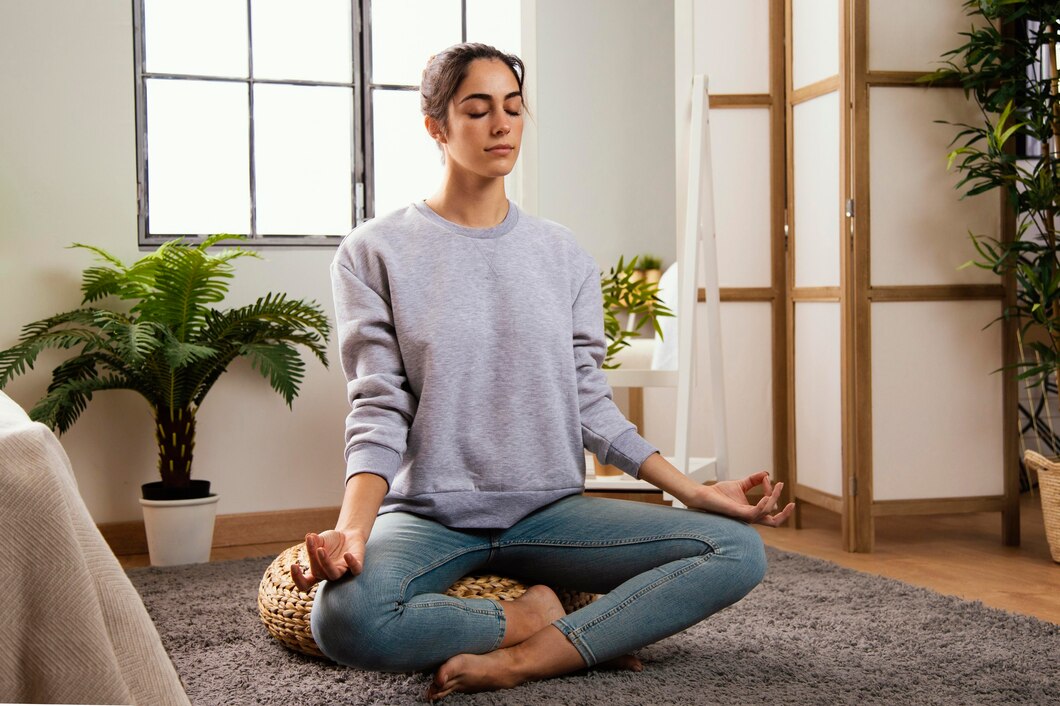How to Develop a Daily Meditation Habit
However, building a daily meditation habit can be challenging without the right approach. You can build a lasting meditation routine by knowing the benefits of meditation and following structured mindfulness practices. This will help you live a healthier and more balanced life. The Science Behind Meditation Meditation can change the brain. It helps improve emotional

However, building a daily meditation habit can be challenging without the right approach. You can build a lasting meditation routine by knowing the benefits of meditation and following structured mindfulness practices. This will help you live a healthier and more balanced life.
The Science Behind Meditation

Meditation can change the brain. It helps improve emotional control and lowers anxiety. Regular meditation practice boosts the prefrontal cortex. This brain area helps with decision-making and focus. Studies show this effect clearly. Meditation also lowers cortisol levels. This hormone is linked to stress. As a result, it helps create a calmer and more resilient mind.
Other benefits of meditation include:
- Improved concentration – Enhances focus and mental clarity, making daily tasks easier to manage.
- Better emotional health – Fosters self-awareness and emotional intelligence, reducing symptoms of anxiety and depression.
- Increased mindfulness – Encourages presence in the moment, reducing mind-wandering and promoting gratitude.
- Physical health benefits – Can lower blood pressure, improve immune function, and enhance overall well-being.
Pro Tip: Start with short meditation sessions and gradually build up your practice. Consistency matters more than duration, so even a few minutes daily can make a difference.
Quick Guide: Steps to Build a Consistent Meditation Routine
- Start Small and Be Realistic – Begin with just 5 minutes per day and gradually increase the duration.
- Create a Dedicated Meditation Space – Designate a quiet, comfortable spot with calming elements.
- Set a Specific Time – Choose a time that fits your routine, such as morning or bedtime.
- Use Guided Meditations – Apps like Headspace or Calm can provide structured guidance.
- Focus on Your Breath – Simple breathing techniques help anchor your attention.
- Experiment with Different Meditation Styles – Explore mindfulness, loving-kindness, or body scan meditation.
- Track Your Progress – Use a journal or app to log your meditation sessions.
- Practice Self-Compassion – Accept distractions without frustration and refocus gently.
Important: Your meditation routine should be flexible and adaptable to life’s changes. It’s not about perfection but about cultivating mindfulness in a way that works for you.
Overcoming Common Challenges

Many people struggle with maintaining a meditation habit due to distractions, boredom, or lack of motivation. Here’s how to address these obstacles:
Difficulty Sitting Still
- Try walking meditation or gentle movement-based mindfulness.
- Yoga or tai chi can also serve as meditative practices.
Lack of Time
- Even 2-5 minutes of meditation can be beneficial—find moments throughout your day.
- Incorporate meditation into daily activities, such as mindful eating or deep breathing in traffic.
Racing Thoughts
- Accept that thoughts will arise and gently return to your breath or chosen focus.
- Using a mantra or focusing on sound can help anchor your attention.
Long-Term Strategies for Meditation Success
Once you’ve built a daily meditation habit, maintaining it requires long-term commitment and motivation. Here are some strategies to ensure meditation remains part of your routine:
1. Join a Meditation Group
- Practising meditation with others provides accountability and motivation.
- Many online and in-person groups offer guided sessions and community support.
2. Continue Learning About Meditation
- Read books, attend workshops, or listen to podcasts about mindfulness and meditation.
- Learning about different techniques keeps your practice fresh and engaging.
3. Vary Your Meditation Techniques
- To prevent boredom, switch between different meditation styles.
- Experiment with guided meditation, silent meditation, or visualisation practices.
4. Integrate Mindfulness into Daily Life
- Meditation doesn’t have to be limited to a seated practice.
- Engage in mindfulness during everyday activities like eating, walking, or even washing dishes.
5. Set Realistic Goals
- Establish achievable milestones, such as meditating for a set number of days in a row.
- Celebrate small wins to reinforce the habit.
The Profound Benefits of a Daily Meditation Habit
Daily meditation boosts emotional well-being, sharpens mental clarity, and enhances resilience. Over time, meditation strengthens the ability to stay present, manage stress, and cultivate a greater sense of inner peace.
Some long-term benefits include:
- Reduced stress levels – Meditation helps lower cortisol and promotes relaxation.
- Enhanced creativity and problem-solving – A clear mind fosters innovative thinking.
- Better relationships – Mindfulness leads to improved communication and deeper connections with others.
- Greater emotional stability – Regular meditation helps regulate emotions and reduces impulsivity.
How Meditation Transforms Your Mindset
Beyond the tangible benefits, meditation fosters a deep shift in perspective. By developing awareness of your thoughts and emotions, you learn to respond rather than react to challenges. You’ll feel more in control and patient. You’ll also find it easier to handle life’s uncertainties.
Meditation and Overall Well-Being
Meditation is not just a practice—it’s a lifestyle change that enhances overall well-being. It promotes self-reflection and gratitude. This brings inner peace and helps create a balanced, fulfilling life. By developing a meditation habit, you cultivate a sense of mindfulness that extends to all aspects of your day.
Frequently Asked Questions About Meditation
How long should I meditate each day?
Start with 5-10 minutes and gradually increase to 20-30 minutes as you become more comfortable.
What is the best time of day to meditate?
The best time is whenever you can be consistent. Many people prefer mornings for a fresh start or evenings to unwind.
Do I need a quiet space to meditate?
While a quiet space is ideal, you can meditate anywhere, even in a noisy environment by focusing on your breath.
What if I keep getting distracted?
Distractions are normal. Acknowledge them without frustration and gently bring your focus back to your breath or chosen anchor.
Can meditation help with anxiety and stress?
Meditation can lower stress and anxiety. It helps you relax and manage your emotions better.
Is it normal to feel frustrated or restless during meditation?
Yes, it’s common. Meditation is a skill that improves over time. Be patient and practice self-compassion.
Daily Meditation Habit

Building a daily meditation habit takes time and effort, but the benefits are worth it. Create a structured meditation routine. Try different techniques and practice self-compassion. This way, you can build a lifelong mindfulness practice. It will improve every part of your life.
Are you ready to start your meditation journey? Begin today with just a few minutes and watch how mindfulness transforms your daily routine!